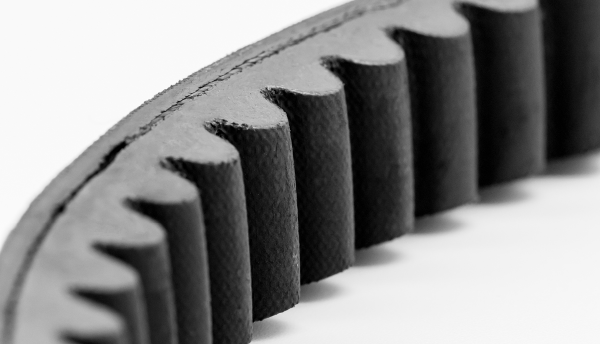
The big news breaking late last Thursday that ZF Friedrichshafen has offered to buy TRW Automotive will shake up the automotive supply base once again. "ZF has confirmed that it is in the preliminary stage of discussing a possible acquisition for American automotive supplier TRW. There can be no assurance that any transaction will be agreed" read a company statement. ZF further added that it "does not intend to make any further public comment on this matter until a definitive agreement with TRW is reached or discussions are terminated." TRW confirmed that it has received a preliminary, non-binding offer from ZF, but stressed that it has "not taken a call to pursue any specific strategic transaction or any other strategic alternative," adding that there is no set timetable for the strategic review process.
At first glance, it appears the two companies have complementary automotive product lines. The purchase could allow ZF to add active safety technologies to its mechanical products, creating a competitive entity with global coverage in automotive technology fields which are set to see significant over the coming decades. Given the drive toward electric assistance for driving systems and self-driving cars widely presumed to be the next stage in automotive development, the combination of each company's expertise could make for a powerful automotive supplier to serve the demands of changing industry trends.
Philip Wylie, Automotive Leader Europe at Houlihan Lokey commented that, “ZF has been thinking about ways of expanding into vehicle safety for some time. It acquired in the Cherry electronics business many years ago but needs to gain a stronger foothold in safety systems if it is to have a chance of participating in the increasingly important field of autonomous driving and active safety.
“The synergies between ZF and TRW are unlikely to be terribly significant in terms of improving the short term earnings of the combined group. However, ZF is long term focused and without public shareholders to worry about, is willing to take a long term view.
“There are a number of businesses that ZF could consider spinning off from TRW in the mid-term, such as its fastener and valve activities, which are headquartered in Germany. These have little or no synergy with the majority of TRW's activities and certainly fit no better with ZF.” Houlihan Lokey is an international, advisory-focused investment bank with expertise in mergers and acquisitions. Mr. Wylie leads the firm’s automotive efforts in Europe.
Even if the deal doesn’t go through, the precedent has now been set. The big suppliers in the automotive industry will now be looking at each other and thinking about the potential to do business with each other. Since 2008, the traditional models of supplying to carmakers have fundamentally changed. It was the case that research and development was taken care of for them, and that they could offer process and material optimisations and innovations through volume manufacturing or specialist tooling. Now though, suppliers are increasingly the ones doing the necessary research and development as well. This has allowed them to move from a relatively weak bargaining position to a much stronger one. They are suddenly the ones offering the technical advances and the value creation in automotive that OEMs need.
A merger of this magnitude would create another purchasing giant for those down the automotive supply chain as well. Continental and Schaeffler’s joint purchasing passed USD20bn in 2013 allowing them to reduce costs and enjoy the close collaboration with their premium suppliers.
ZF's 2013 turnover was actually smaller than TRW's and the company must ensure that it does not overstretch itself in making the acquisition, Schaeffler's highly controversial and highly leveraged takeover of Continental in 2008 occurred just before the global downturn, leading to both entities becoming dangerously overstretched at times during this period, with Continental also servicing high debt payments as a result of its own acquisition of Siemens-VDO. However, as long as the markets and shareholders are receptive of the deal any new entity has the potential to be a supplier of sophisticated systems and components that will help aid the automotive industries shift to increased automation and electrification.
Two weeks ago, SupplierBusiness suggested that global tier one suppliers should consider collaborating with each other as a means of increasing their global sales. We could be seeing evidence that this will indeed be the case.








